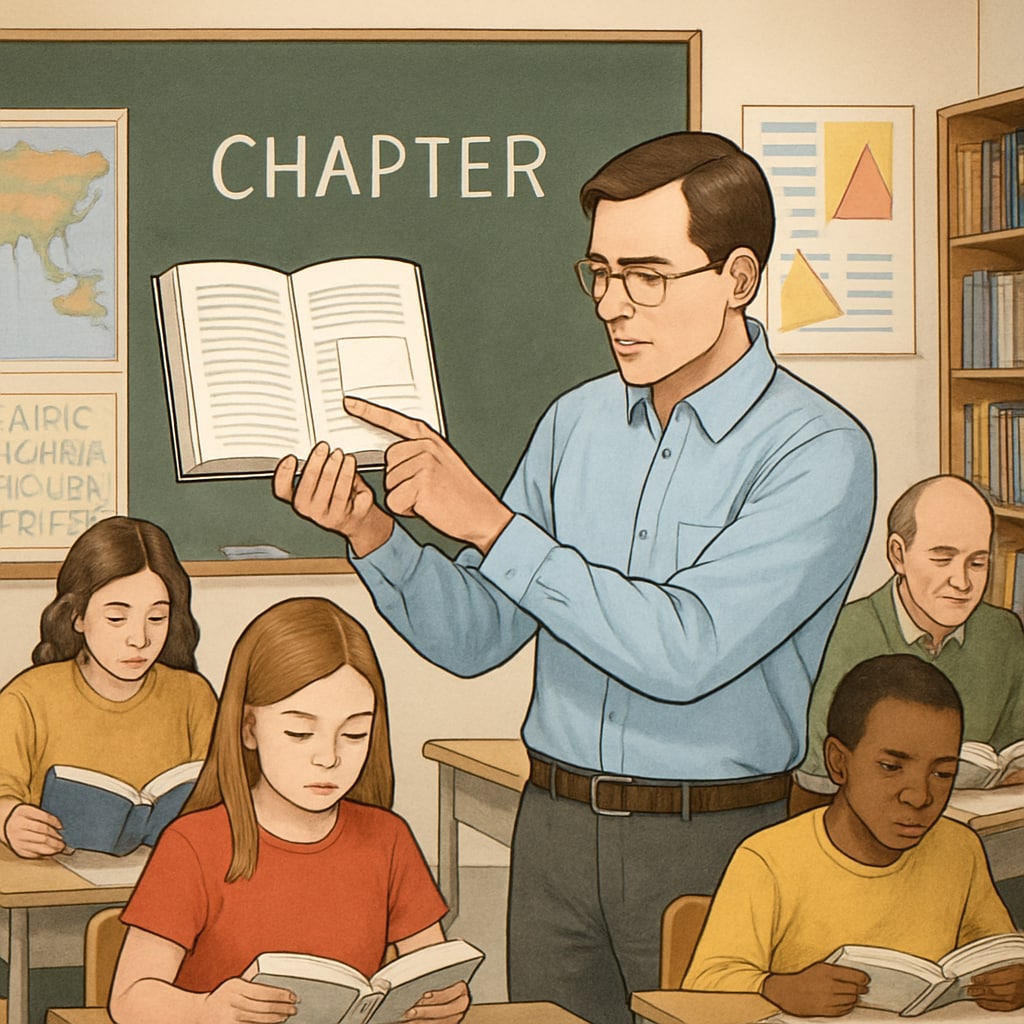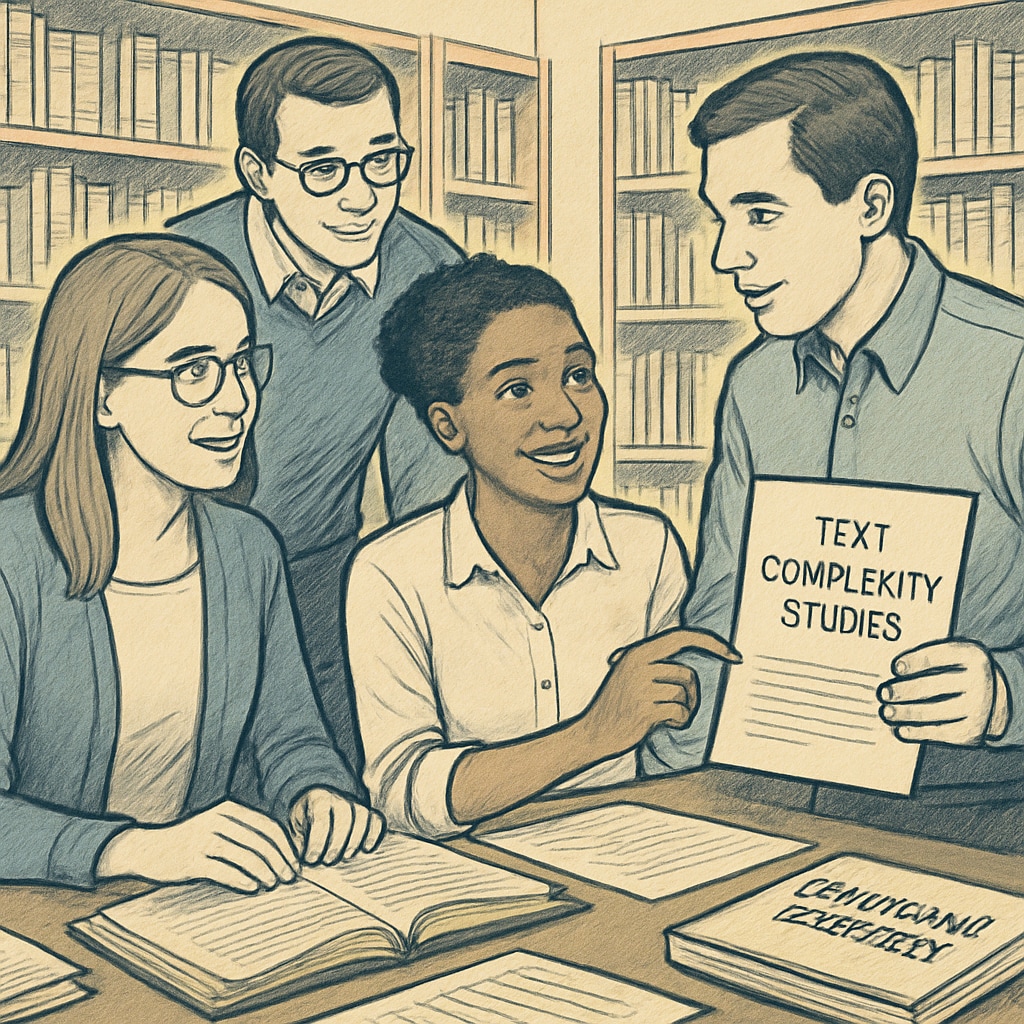As educators, K-12 teachers are at the forefront of shaping young minds and improving literacy. Their expertise makes them invaluable contributors to advancing research on reading comprehension. A particularly exciting opportunity now exists for teachers to engage in a study focused on text complexity—an essential factor in understanding how students process and interpret written material. By volunteering just 30 minutes of their time, teachers can make a meaningful impact on the future of reading education.
Why does this matter? Text complexity directly influences how well students can comprehend what they read. As a result, insights from teachers’ professional judgment are critical to tailoring reading materials that meet diverse student needs. With their unique perspective, educators have the power to bridge the gap between academic theory and classroom practice.
Why Teachers’ Expertise Matters in Text Complexity Studies
Text complexity refers to the inherent difficulty of a written passage and its suitability for particular readers. It involves various factors, including vocabulary, sentence structure, and conceptual density. While many studies rely on algorithms and readability formulas, these tools cannot fully replicate the nuanced judgment of experienced educators.
Teachers interact with students daily, observing firsthand how different texts resonate with various age groups and reading levels. For example, a teacher might notice that while a text is linguistically simple, its themes require a higher level of maturity to understand. This kind of insight cannot be captured by software alone. That’s why their participation in research on text complexity is so vital.

How K-12 Teachers Can Contribute to Reading Comprehension Research
Participating in text complexity research is straightforward and impactful. Teachers are invited to dedicate 30 minutes to review selected texts and provide their professional assessments. The process involves:
- Analyzing texts for factors such as readability, engagement, and appropriateness for specific grade levels.
- Answering questions about how students of varying abilities might interact with the material.
- Offering insights based on real-world classroom experiences.
This feedback is invaluable for researchers aiming to develop better tools for measuring text complexity and making reading materials more accessible to students. Furthermore, teachers who participate gain a deeper understanding of the frameworks shaping literacy education, which they can apply in their classrooms.
The Broader Impact of Teacher Involvement
When teachers contribute to research, the benefits extend beyond the immediate study. Their input helps create:
- Improved educational resources tailored to diverse student needs.
- More accurate tools for assessing reading comprehension.
- Enhanced collaboration between educators and researchers.
For example, findings from text complexity studies can guide curriculum developers in selecting materials that challenge students appropriately without overwhelming them. Moreover, this collaborative effort underscores the value of teachers as both practitioners and contributors to the academic community.

In addition, participating in such studies highlights the importance of teacher voices in shaping educational policy and practice. By sharing their expertise, educators help ensure that research outcomes align with the realities of the classroom.
How to Get Involved
Interested teachers can sign up online to participate in the study. The process is designed to be simple and efficient, respecting the busy schedules of educators. After registering, participants will receive all necessary instructions and materials via email.
To learn more about the significance of text complexity in education, you can explore resources like the Text Complexity page on Wikipedia or visit Education Resources on Britannica.
By dedicating just 30 minutes, teachers can make a lasting difference in how reading is taught and understood. Your expertise is not just valuable in the classroom—it is essential for shaping the future of literacy education.
Take the next step today and join this impactful research initiative. Together, we can unlock new potentials in reading comprehension!


